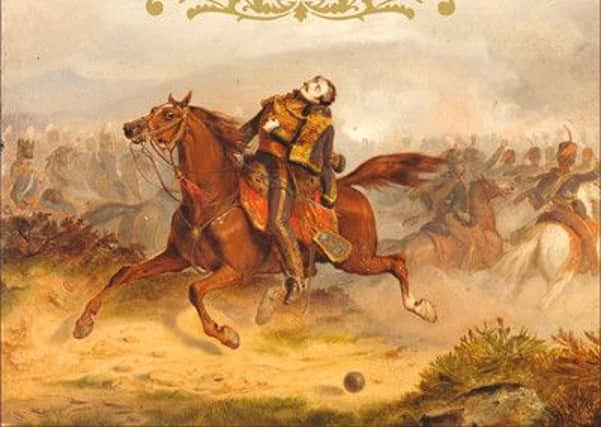Why are we Brits such heroic failures?


MANY years ago, for reasons that are now somewhat obscure to me, I looked into secondary school Latin exams from the early part of the last century. In Latin composition, the pupils were instructed to compose a speech, in the style of Cicero, which might have been delivered by General Gordon to his troops on the eve of the sacking of Khartoum.
One hundred years later it would be difficult to find a 16-year-old who knew who Gordon of Khartoum was, let alone one who could write a stirring speech in elegant Latin. Yet, as Stephanie Barczewski shows in this clever book, figures such as Gordon were once central to how the British saw themselves. Why, she asks, did the British for such a long time valorise the heroic failure? A host of examples make the case that this is a valid field of enquiry: Sir John Franklin’s doomed attempt to find the Northwest Passage in the Arctic; the charge of the Light Brigade at the Battle of Balaclava; David Livingstone; a study of the “Last Stands”, particularly in the Boer and Afghan Wars; the aforementioned Gordon of Khartoum and the Antarctic explorer Captain Scott.
Advertisement
Hide AdAdvertisement
Hide AdBarczewski’s thesis is that the British invested so much in the idea of heroic failure as a kind of collective psychological prophylactic against the horrors of what being an imperial power actually entailed. Far better to concentrate on the gallantry of the 922 “martyrs” of the Battle of Isandlwana than the wholesale slaughter of the Zulus at Rorke’s Drift.
Barczewski’s contention is compelling. By promoting an idea of empire as fundamentally about enlightening the natives and promoting trade – unlike the rapacity of Spain’s empire or the egomania of Napoleon – Britons were able to turn a blind eye to the fact that their empire too was built on subjugation and skeletons. The British Empire was a matter of conduct, not conquest; and the stiff-upper-lip in the face of adversity, the plucky underdog, were handy myths to be deployed.